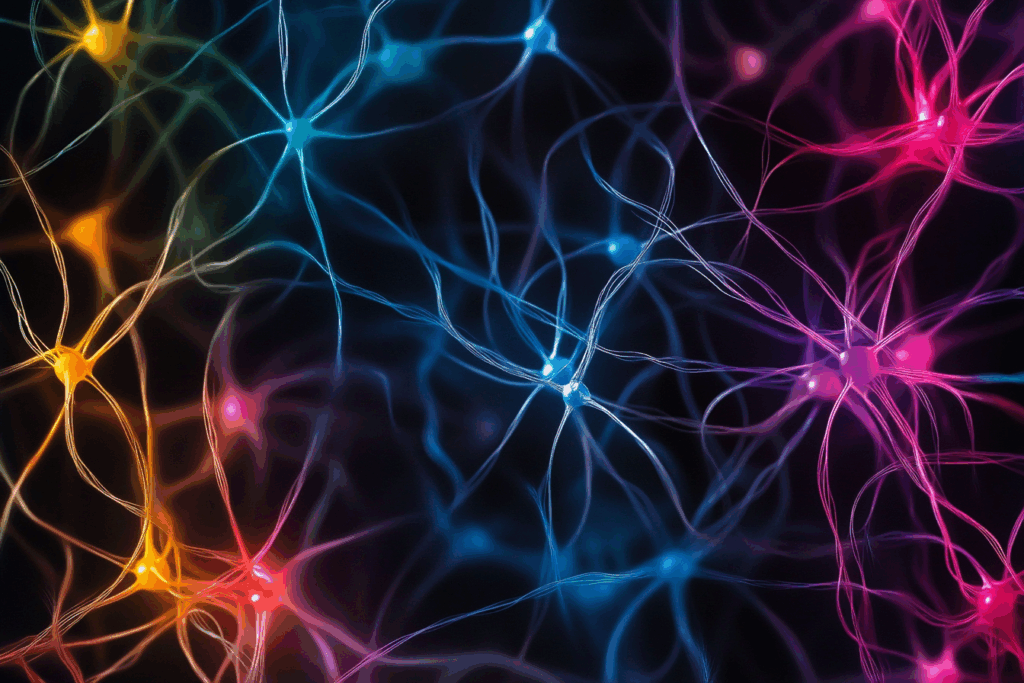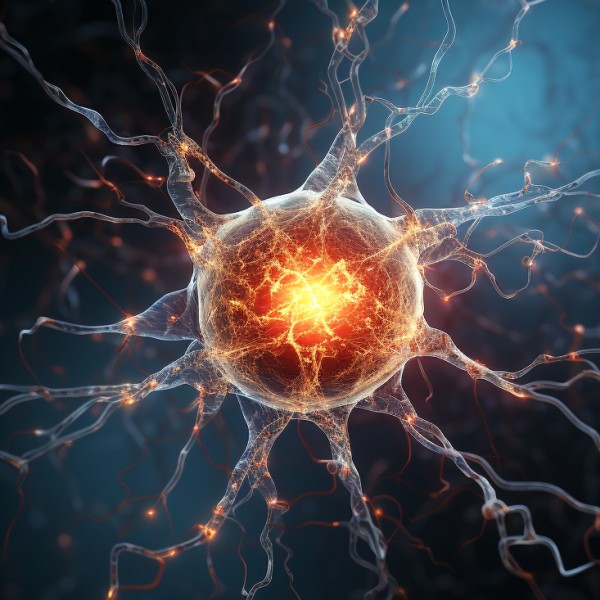
Neuropathy is a condition that affects the delicate electrical network running through our bodies, leaving many in its wake with pain, weakness, and discomfort.
Understanding Neuropathy
Imagine your body as a vast electrical network, with nerves acting as the tiny wires that carry messages back and forth between your brain, spinal cord, and the rest of your body. Now, imagine if some of those wires started fraying or misfiring—that’s essentially what happens with neuropathy.
Neuropathy, sometimes called peripheral neuropathy, affects millions of people around the world. It disrupts the way nerves send signals, often leaving people to cope with a confusing mix of pain, weakness, numbness, and discomfort. For many, it feels as if their own body is turning against them.
The First Signs: Subtle but Unsettling
Neuropathy doesn’t usually announce itself with a bang. Instead, it often tiptoes in quietly. You might notice a strange tingling in your hands or feet, a mild weakness that seems harmless at first, or a sensation that’s more noticeable on one side of the body than the other. Over time, these small annoyances can snowball into more serious issues—muscle loss, painful cramps, or sudden, involuntary twitching in your legs.
Men tend to be affected more often than women, but neuropathy can strike anyone, regardless of age or background. What makes it especially tough is that the symptoms can be isolating and misunderstood. Friends and family may not fully grasp what you’re going through, and the search for answers can feel frustrating and endless.
Journey of Finding Relief
Here’s the hopeful part: while neuropathy can be challenging, you don’t have to face it alone, and there are treatments that can help. In some lucky cases, people have mild symptoms that don’t need much medical attention. But for many others, finding the right approach can make a world of difference.
Treatment plans are usually aimed at managing symptoms and dealing with the root causes, whether it’s diabetes, an autoimmune disorder, a vitamin deficiency, or another underlying condition. Doctors may recommend medications to control nerve pain, physical therapy to strengthen muscles and improve balance, or even lifestyle changes, like better blood sugar control or quitting smoking, which can slow down the progression of nerve damage.
What To Expect
The outlook for neuropathy varies from person to person. The good news is that if treatment starts early, the body often responds surprisingly well. Many people begin to notice improvements within three to six weeks, whether it’s a reduction in pain, better strength, or more ease in their everyday activities.
However, it’s important to stay proactive. For some, neuropathy can continue to progress slowly over the years, even with treatment. That’s why regular follow-ups with your doctor and staying on top of your care plan are so important. Think of it as maintenance work on that electrical system—keeping things running as smoothly as possible.
A Glimpse Into the Future
Even more promising is what’s on the horizon. Organizations like the National Institute of Neurological Disorders and Stroke (NINDS) are hard at work funding cutting-edge research aimed at understanding neuropathy and finding better treatments.
Researchers are exploring exciting new frontiers—everything from techniques that encourage nerve regeneration to treatments that calm inflammation or adjust the immune system’s response. These breakthroughs could one day offer longer-lasting relief or even stop neuropathy in its tracks before it causes significant damage.
This ongoing research is a powerful reminder that medicine is always evolving, and what’s available today may soon be replaced by even more effective options tomorrow.
The Road to Recovery
If you or someone you love is living with neuropathy, take heart in knowing that there’s more support and hope today than ever before. While it can feel overwhelming to navigate the ups and downs of the condition, you don’t have to do it on your own.
Early diagnosis and treatment can dramatically improve your quality of life, and the right combination of care, medication, and lifestyle adjustments can help you reclaim your sense of control. Support groups, physical therapists, and even online communities can offer valuable guidance and connection along the way.
It’s worth remembering that neuropathy doesn’t have to define your life. It’s a challenge, yes—but one that can be met with resilience, the right support, and ongoing medical advances.
In short, neuropathy may disrupt your life, but it doesn’t have to steal it away. With determination, early care, and a touch of optimism, many people are not just managing neuropathy—they’re thriving in spite of it. And with new treatments on the horizon, the future for those living with neuropathy looks brighter every day.
